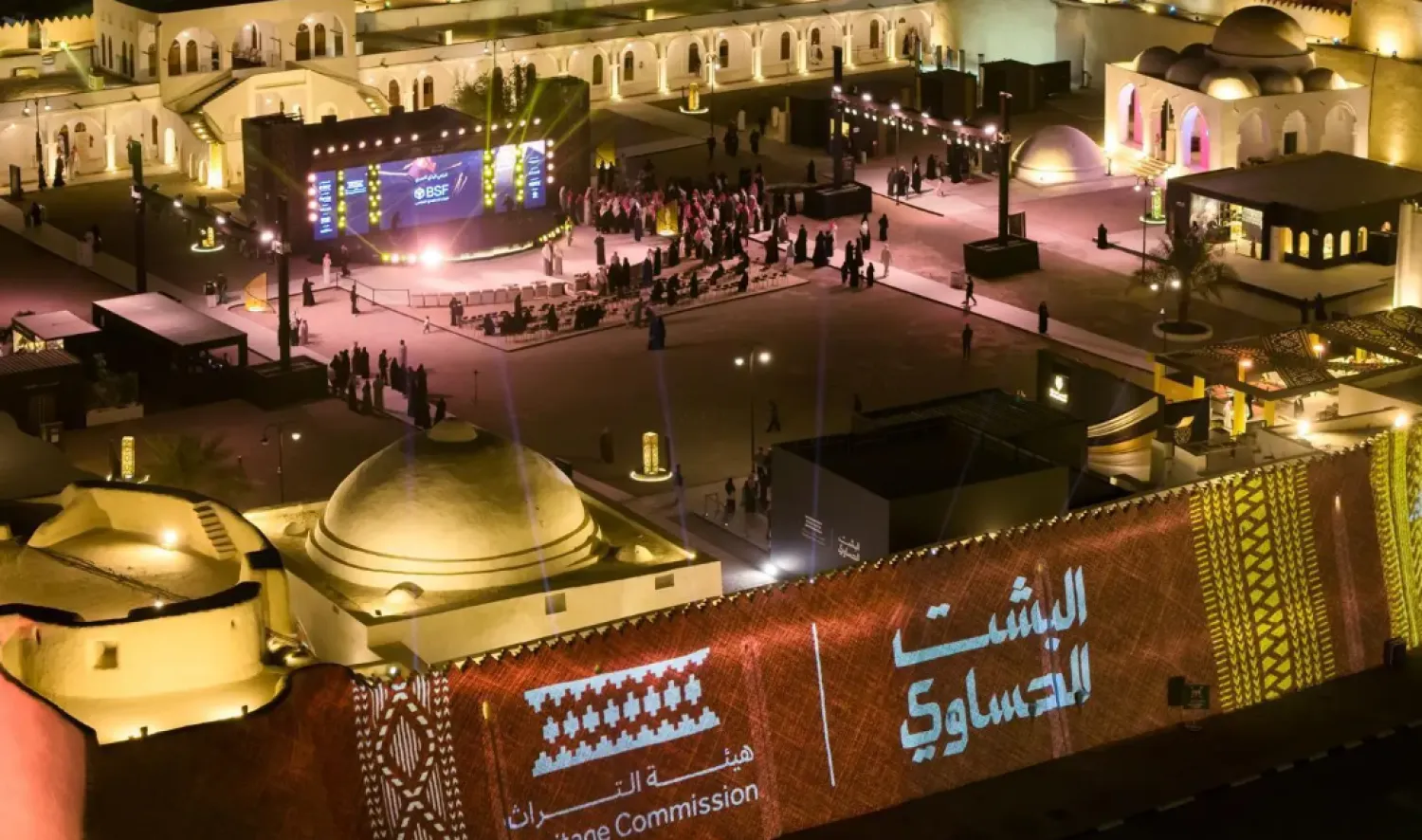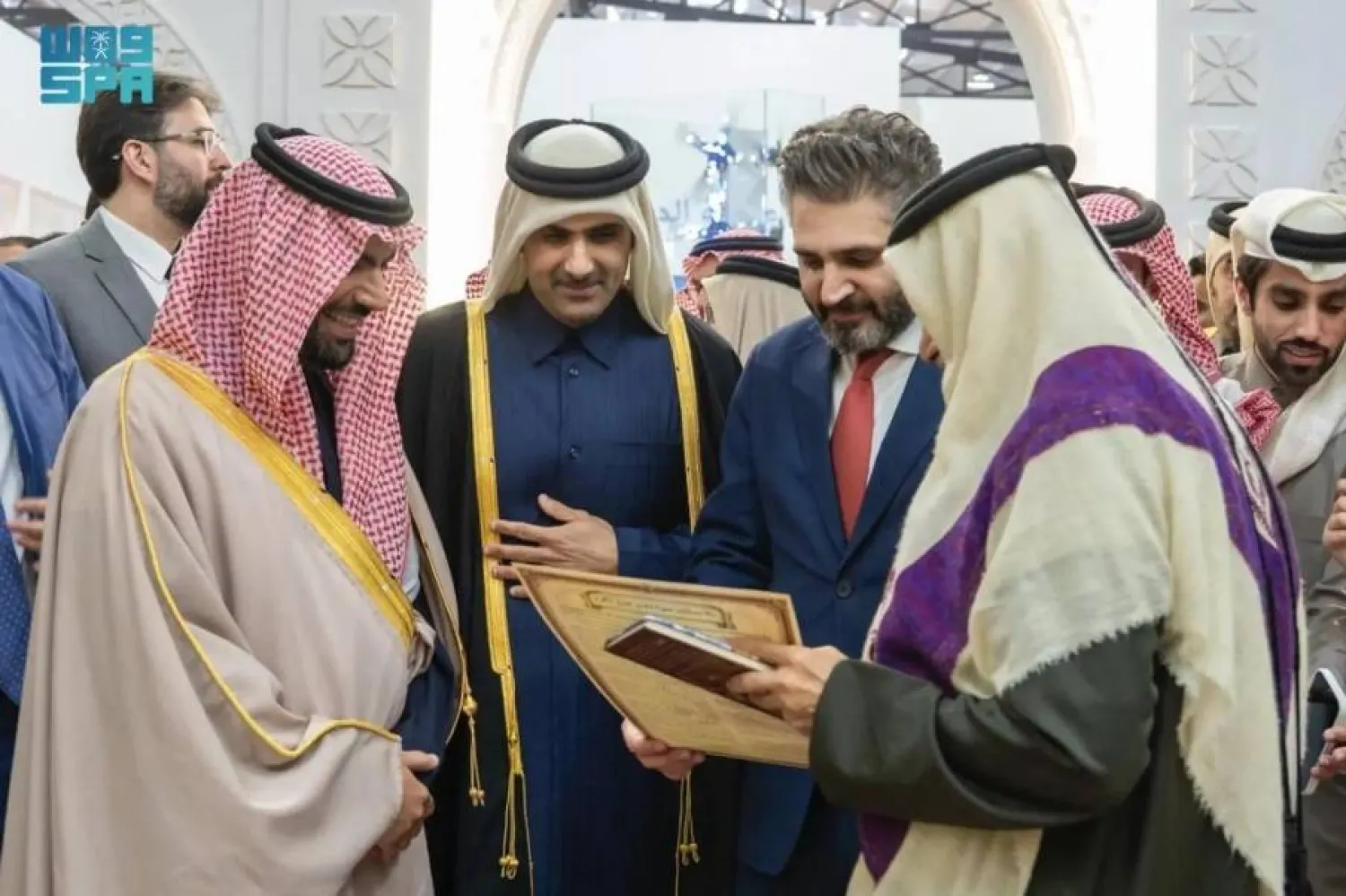As a culmination of its contributions to promoting education, culture and science around the world, Saudi Arabia has won membership in the Executive Council of the United Nations Educational, Scientific and Cultural Organization (UNESCO) for the 2023-2027 session, for the second time in a row, during the 42nd session of the UNESCO General Conference.
Prince Badr bin Farhan, Minister of Culture and Chairman of the National Committee for Education, Culture, and Science, said: “As one of the founding members of UNESCO since 1946, Saudi Arabia fully supports the enhancement of the education, culture, and science sectors globally.”
He added that the Kingdom’s victory was a result of the member-states’ confidence in Saudi Arabia’s effective contribution to supporting the three sectors in achieving sustainable development goals and serving as catalysts for empowerment and prosperity worldwide.
Prince Badr bin Farhan noted that Saudi Arabia was the first country to take the initiative to include the cultural dimension in the agenda of the G20 Summit, adding that UNESCO was a party in the first joint meeting of the group’s culture ministers, during the Kingdom’s presidency of the summit in 2020.
Regarding the partnership between his country and the organization in the fields of education, science and culture, the minister pointed to the Saudi Fund at UNESCO, through which the Kingdom launched six pioneering projects to make a positive impact on cultural heritage around the world.
Prince Badr explained that Saudi Arabia, through its membership in the Executive Board of UNESCO, will collaborate with member states to strengthen international cooperation, achieve the organization’s strategic targets, and sustain its vital role within the organization.
The Executive Council is one of the three constitutional bodies of UNESCO, which include the General Conference and the General Secretariat. Its members are elected at the General Conference, which is held every two years.









